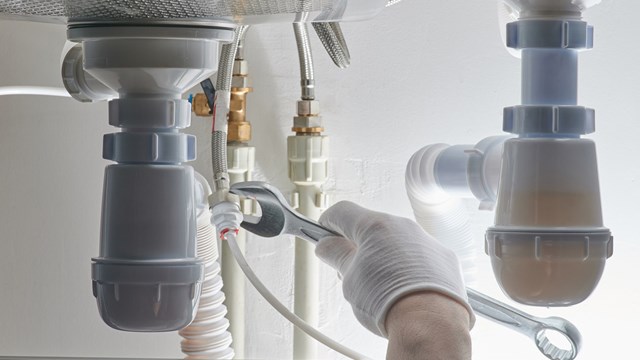
Q. Our association is self-managed with 12 units. An owner installed a dishwasher without any written request or approval from the board. The board told her that we believed this was a violation, since all 12 units share one water tank and one water meter. The water bill is included and paid with monthly assessments, and is the highest utility bill that the association pays. Our bylaws were written in the 1970s, and laws change. The owner’s defense here is that the dishwasher uses less water than doing dishes by hand. Are they in violation for not clearing the installation with the board beforehand? If so, what are our options?
—Wanting What’s Fair
A. Attorney Steven G. Mlenak, partner at law firm Greenbaum, Rowe, Smith & Davis, LLP with offices in Woodbridge, Roseland, and Redbank, replies, “The answer to this is a simple ‘read your governing documents.’”






Comments
Leave a Comment